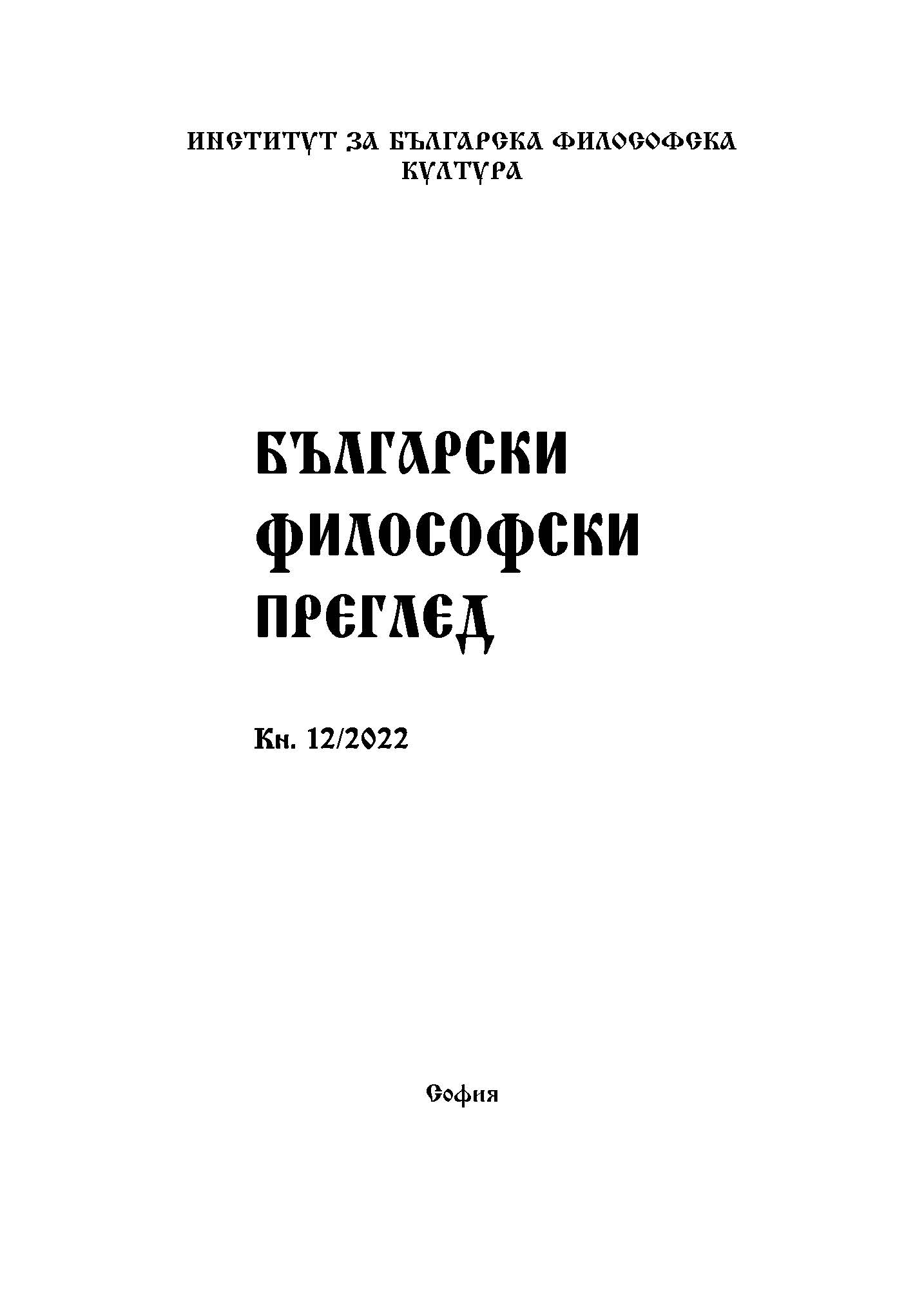Обсценната поезия на трубадурите и простолюдната култура на средновековието
The Obscene Poetry of Troubadours and the Vernacular Culture of the Middle Ages
Author(s): Tsocho BoyadzhievSubject(s): Philosophy, History of Philosophy, Philosophy of Middle Ages, Renaissance Philosophy
Published by: Институт за българска философска култура
Summary/Abstract: Medieval Europe cultivates a specific behavioural model based on the ideology of vassalage. This model challenges the mysogyny typical for this period of history. The phenomenon under scrutiny is the so called “courtly love”: a relationship between a man and a woman traditionally characterised as an “elegant” and “cultivated” (fine) or a “true” (vraie) form of love. The present writing investigates the peculiar way in which works of high culture and such of overtly obscene character are reconciled in the oeuvre of the gloriefiers of courtly love. By behaving in a certain manner (serving unconditionally, observing chastity, restraing oneself, composing eulogies etc.) the knight strives to attain the heights of his immaculate beloved. But the same could be achieved in another way too: through а denial of elevated discourse, a demystification of the ends of courtly love, an “incarn- ation” of her who is being celebrated as the one and only. It is an undeniable truth that masters of the most unadulterated intimate lyric have also composed obscene verses and even engaged in poetic “tournaments” quite far from plain decency. Our argument is that troubadours, trouvères and Minnesänger have created thesekinds of poems neither because they fancied blasphemy, nor in order to indulge in an infantile pleasure of uttering indecent words, nor to scandalize traditional morality, let alone critisize the structure of society. It was rather their honest attempt, whether conscious or intuitive, to restore love to its more humane dimensions, to rehabilitate it in its imperfections, in its ironic or overtly cynical expressions. Elitist culture requires vernacular culture not only as its antithesis but also as its legitimate complement.
Journal: Български философски преглед
- Issue Year: 2022
- Issue No: 12
- Page Range: 137-143
- Page Count: 7
- Language: Bulgarian
- Content File-PDF

